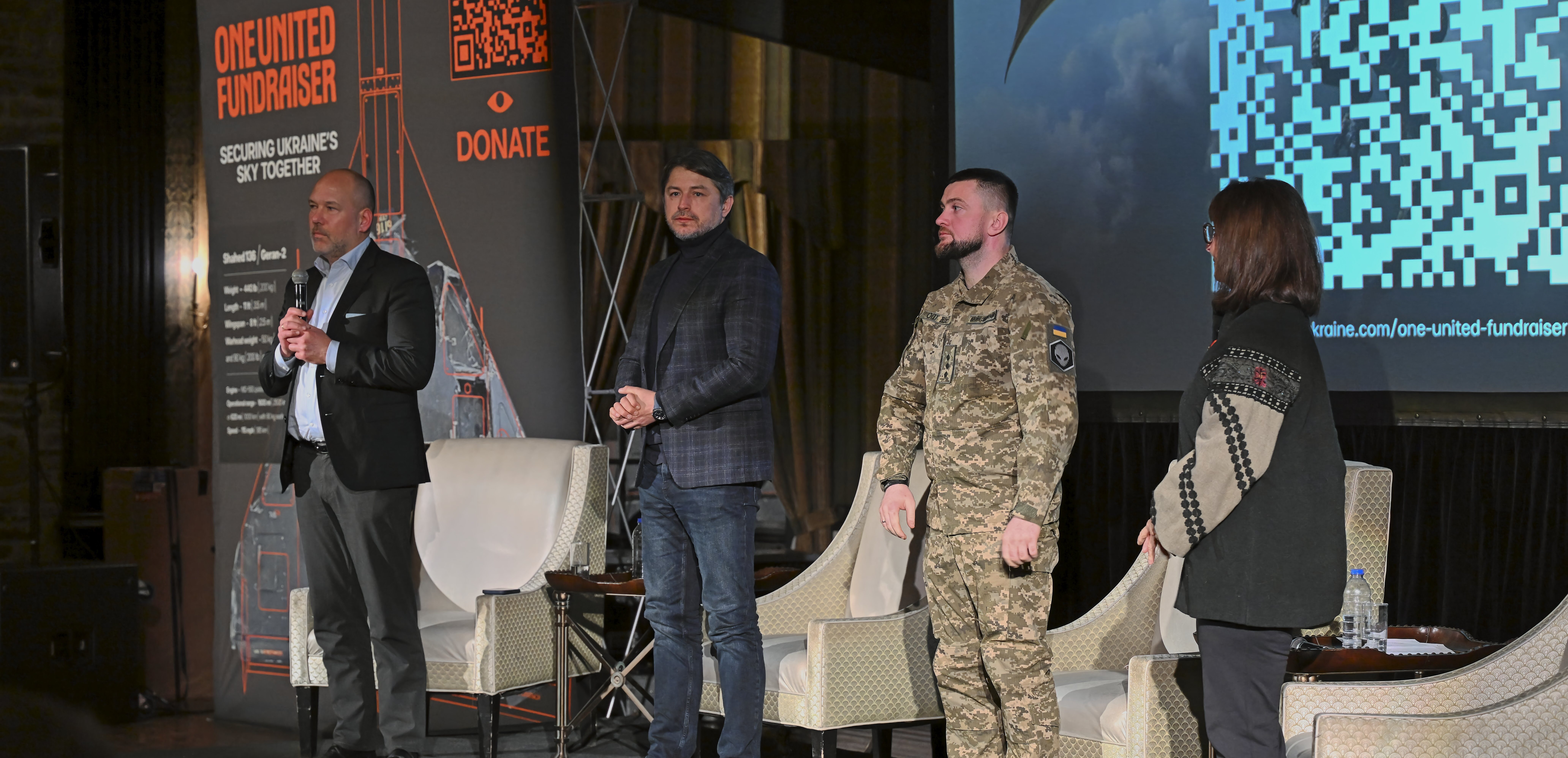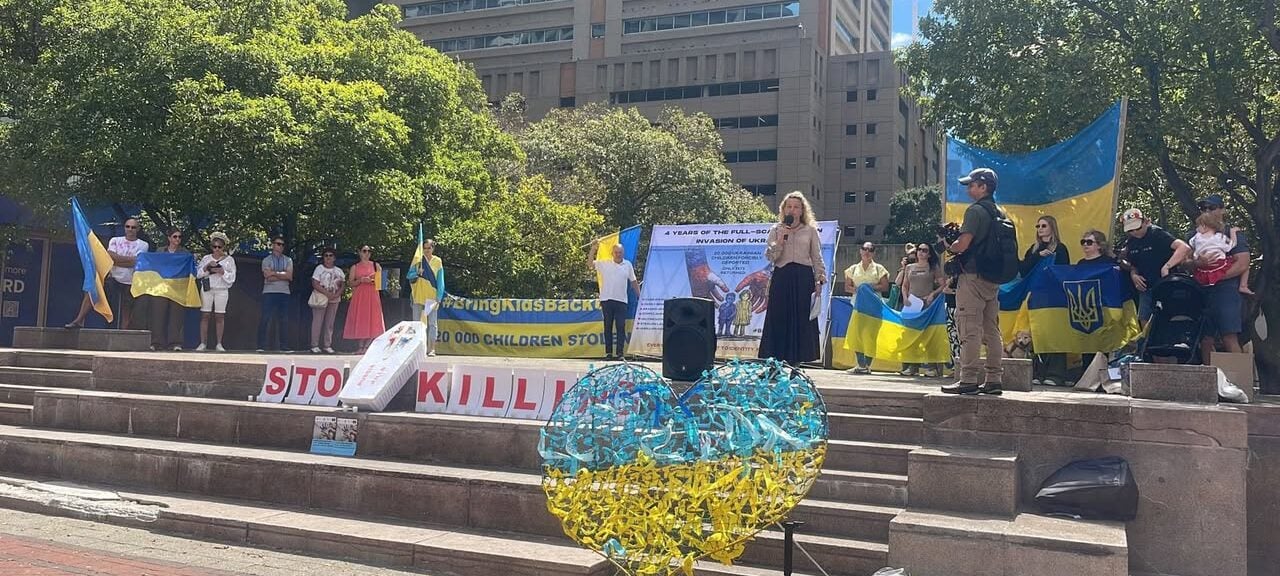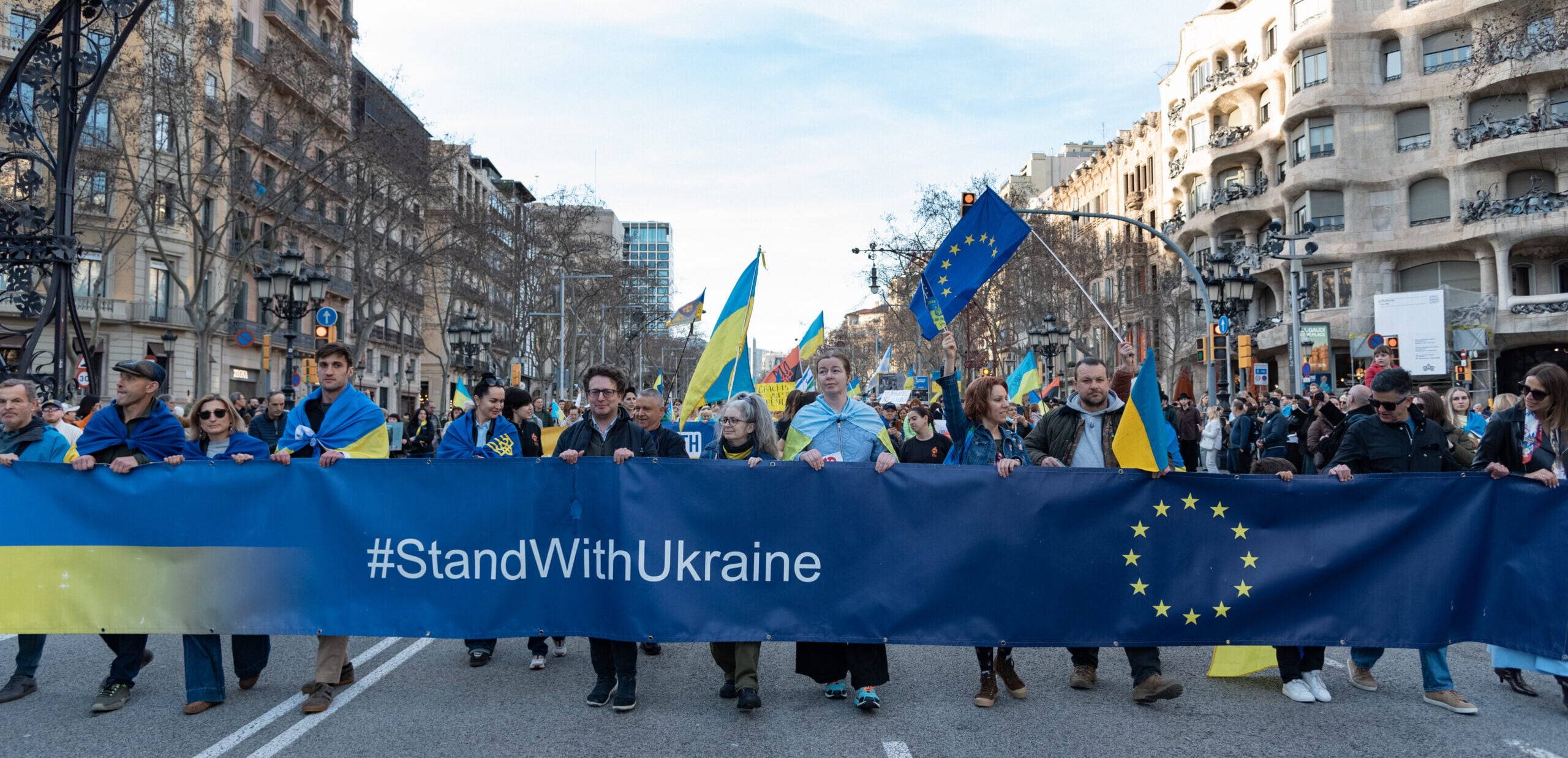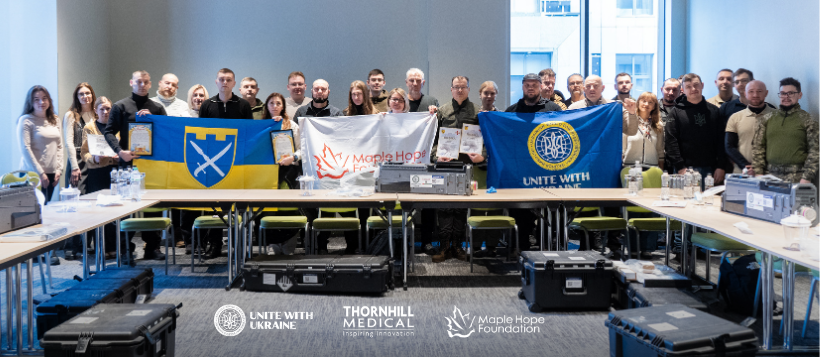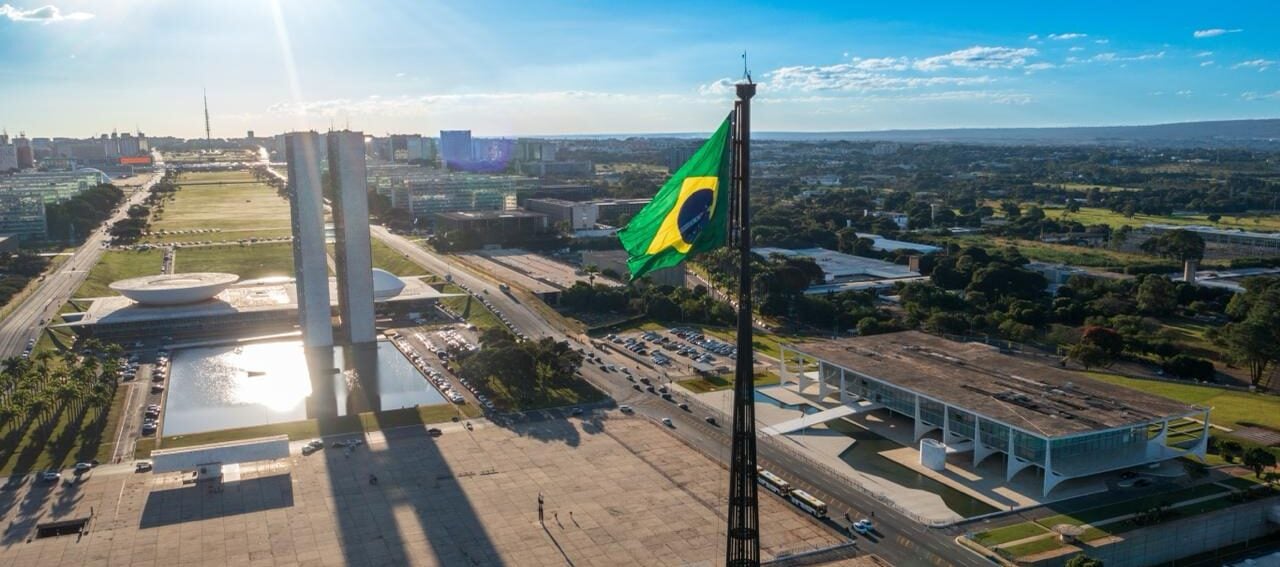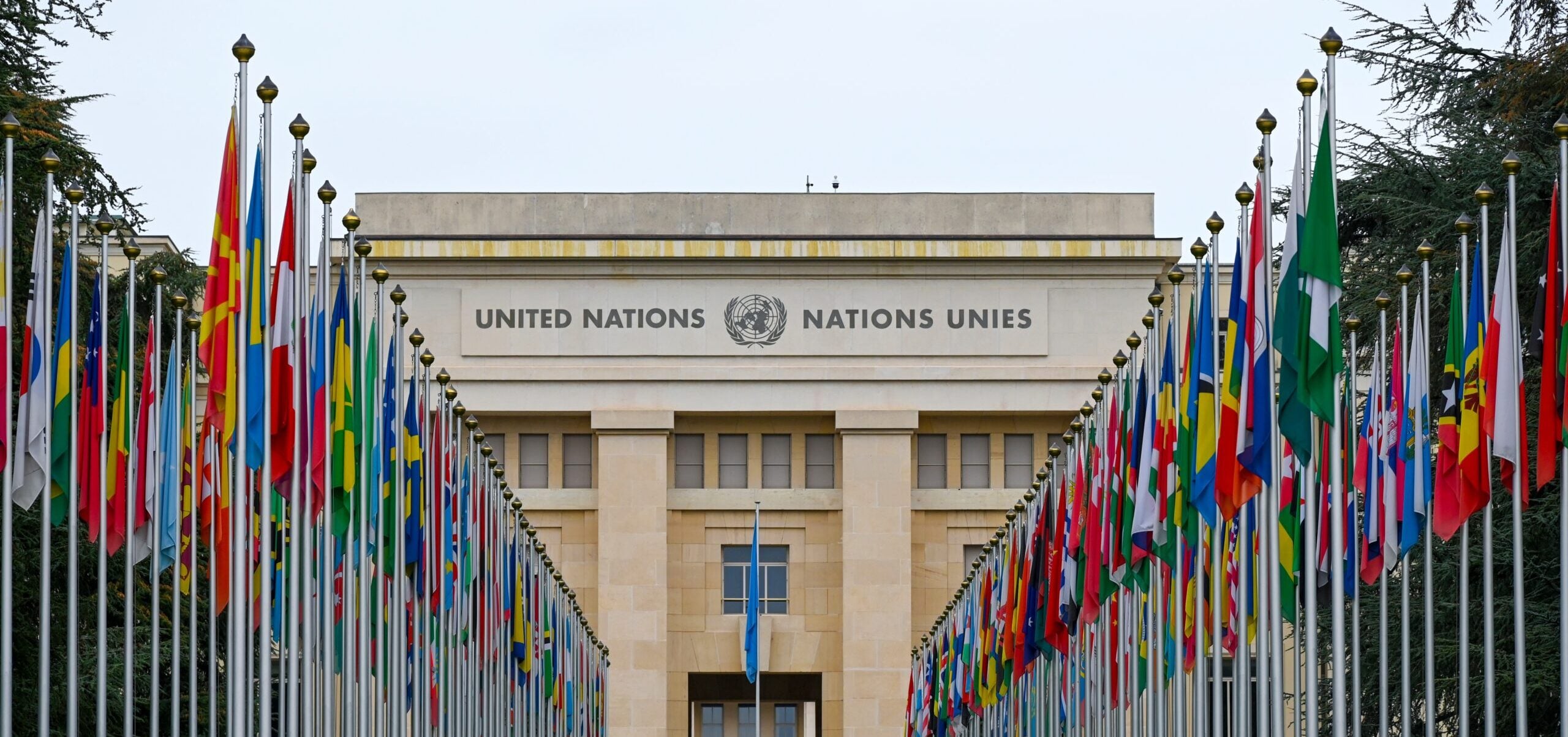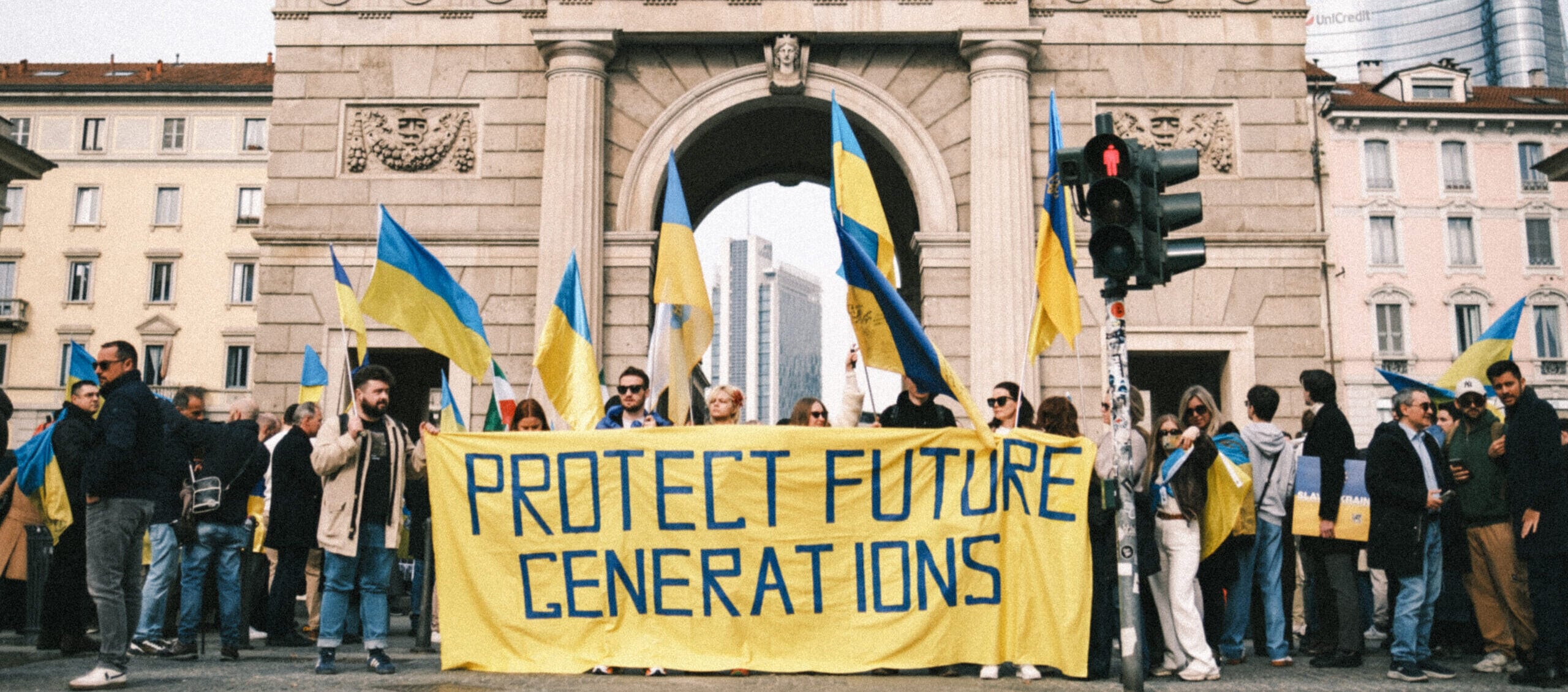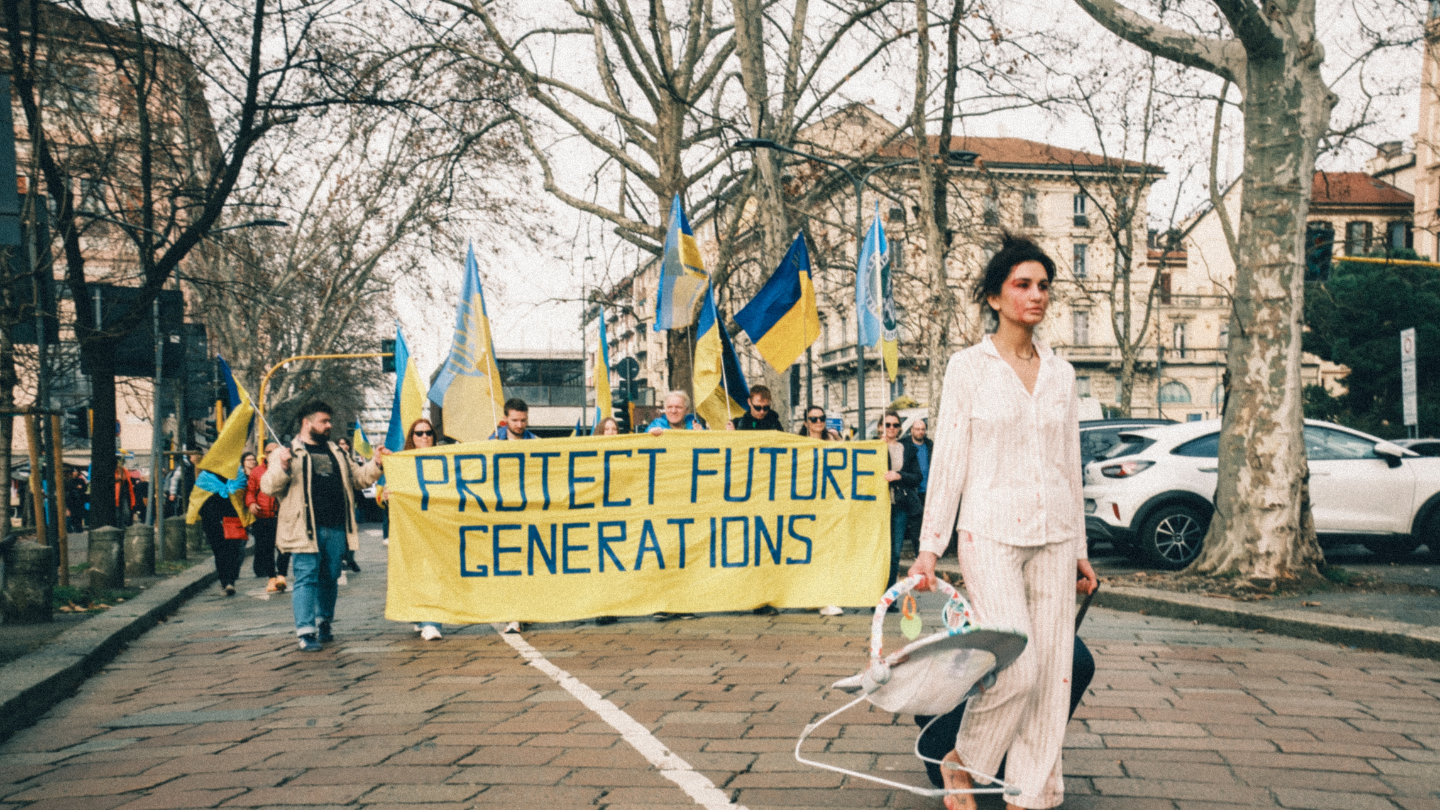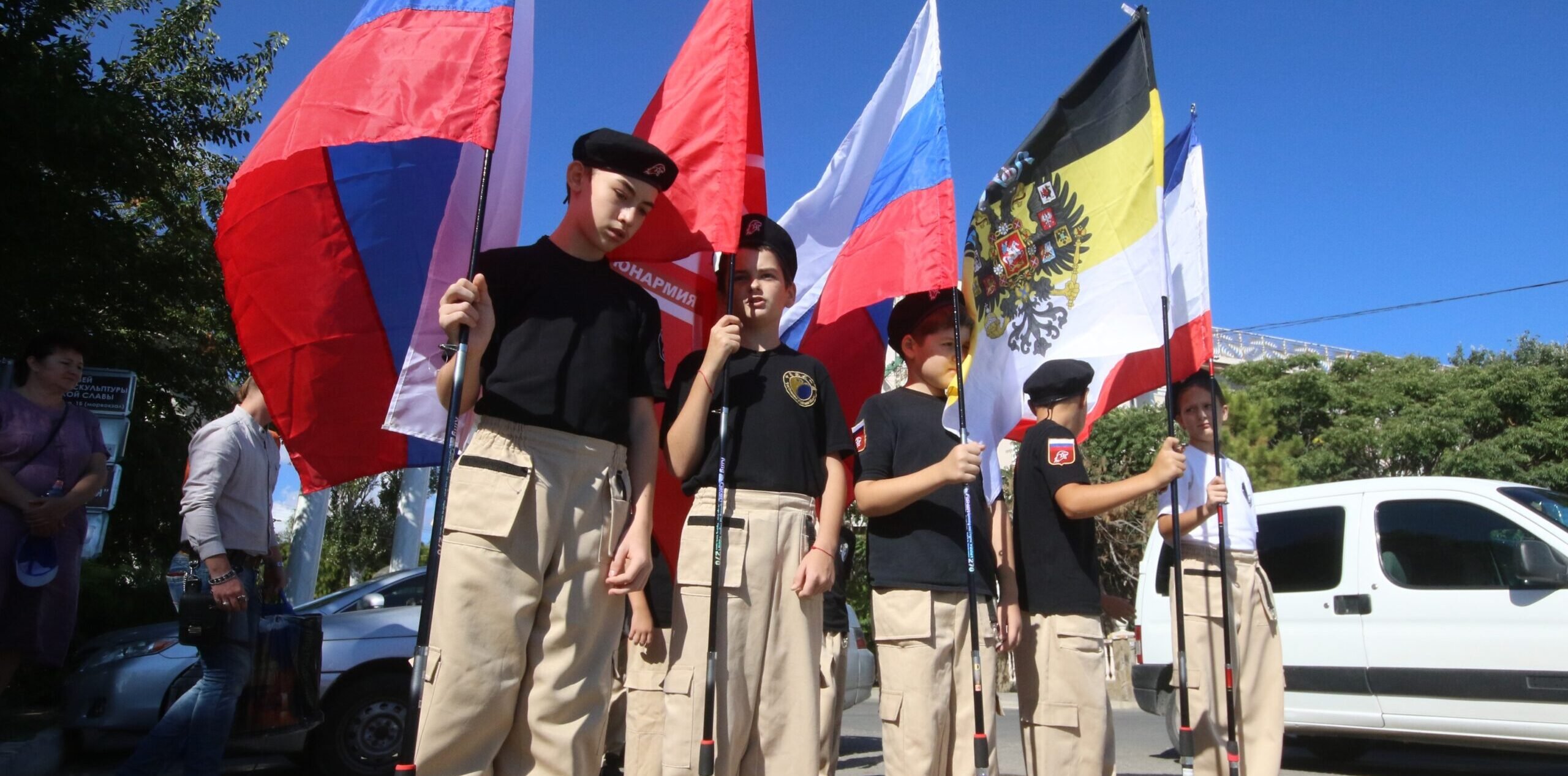
Russia has forcibly deported nearly 11,000 Ukrainian children to 164 camps across Russia and occupied Crimea since the start of this year, according to a report by the Ukrainian human rights nonprofit organization Regional Center for Human Rights.
“The programs in these camps are becoming increasingly militarized,” said Dr. Kateryna Rashevska, a PhD in international law.
One of the children was Sonya (name changed), a 17-year-old taken from the Russian-occupied part of Kherson to Volgograd (formerly Stalingrad).
She ended up in the Avangard military camp, which operates branches across Russia. There, children were taught to dig trenches, set up booby traps, assemble machine guns, march in military formations, and even simulate evacuating wounded comrades, the London-based The Guardian newspaper reported.
Dmytro Lubinets, Ukraine’s parliament commissioner for human rights, wrote in a recent column that crimes against Ukrainian children are “crimes against the future.”
The number of such centers are similar to Soviet-era youth camps and have mushroomed since Russia’s full-scale invasion of Ukraine in 2022. Critics warn they are being used to indoctrinate children and prepare them for eventual service in the Russian military.
Human rights experts say the so-called re-education of deported Ukrainian children has become state policy in Russia since early 2022 when the all-out invasion began. Researchers describe a “lost connection syndrome” among abducted children, which is the result of deliberate efforts to sever them from their cultural and social roots.
“Russian officials are trying to portray the deportation of Ukrainian children as care and protection. In reality, this propaganda only obstructs efforts to bring the children home,” human rights defenders said.
Between 2023 and 2024, at least 8,270 children were confirmed transferred to 98 facilities in Russia and occupied territories, with 102 separate cases of forced relocation recorded.
Meanwhile, Russians have opened more than 250 “specialized” classes, nearly 100 of them with a military focus, in schools across the occupied part of the Luhansk region this academic year.
Cover: Shutterstock

